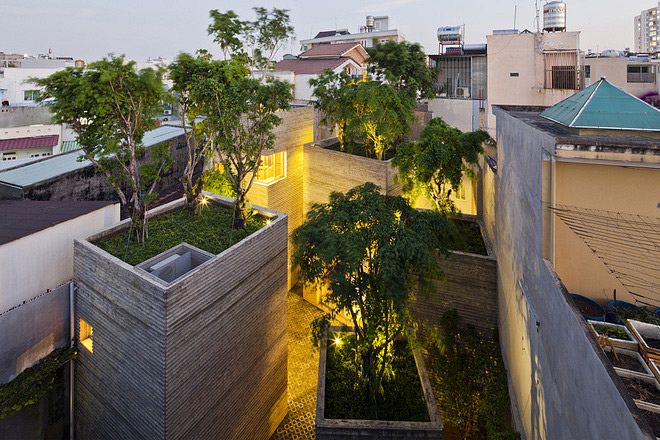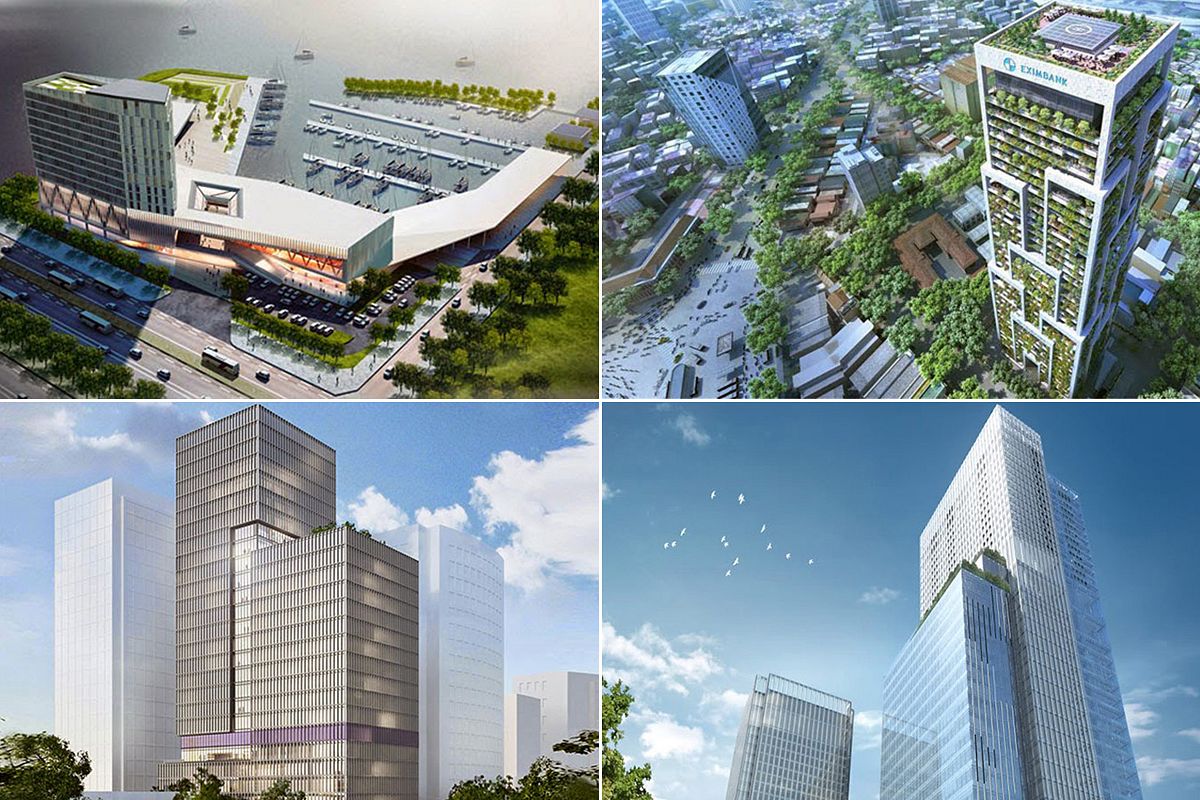In the wake of the recent American presidential election, politicians and experts around the world are predicting the end of the Trans-Pacific Partnership (TPP) under a Donald Trump presidency.
The President-elect, who vehemently opposed the free trade ageement (FTA) during his campaign, is almost certain to scrap the planned deal, reports the New York Times.
Though the controversial trade deal, whose 12 member nations account for roughly 40% of the global economy, was signed by participating countries earlier this year, each nation is still in the process of ratifying the agreement within its own government. Back in September, Vietnam’s National Assembly left the TPP off its agenda, though it appeared the government was keen to approve the deal.
Now, however, the product of a seven-year effort under current President Barack Obama is likely toast. In the United States, Republican politicians have claimed the President-elect will be able to renegotiate a better deal, reports the Times, but given the size and scope of the agreement this, too, seems like a long shot.
Whatever the future holds, Vietnam is forging ahead with its own plans. While the TPP was set to add as much as 30% to the country’s GDP, Vietnamese officials are assuring local businesses that the nation’s trade and investment environment will continue to improve regardless, reports Vietnam News. Earlier this week, Minister of Industry and Trade Tran Tuan Anh told the news outlet that Vietnam is also working on FTAs with the European Union as well as other ASEAN nations.
When the TPP was still a viable trade deal, it became the subject of fierce debate among economists and other experts. According to the Times, the agreement promised to bring not only more business but also stricter labor regulations and environmental standards to Vietnam, along with much-needed wildlife trafficking stipulations. However those opposed to the deal argue that the enforcement of these regulations would have been spotty at best.
Either way, it seems the TPP is now on its last breath.
[Photo via Flickr user World Bank - East Asia and Pacific]














